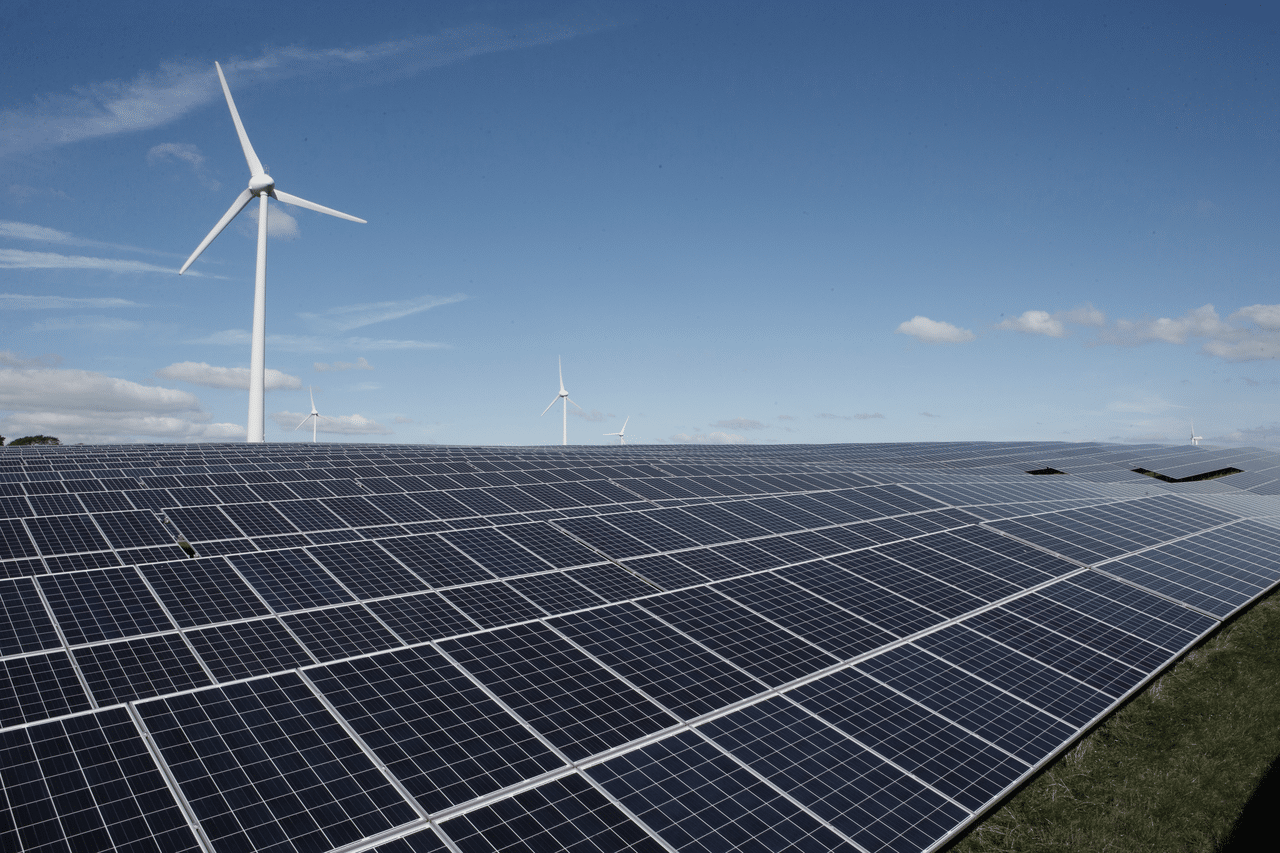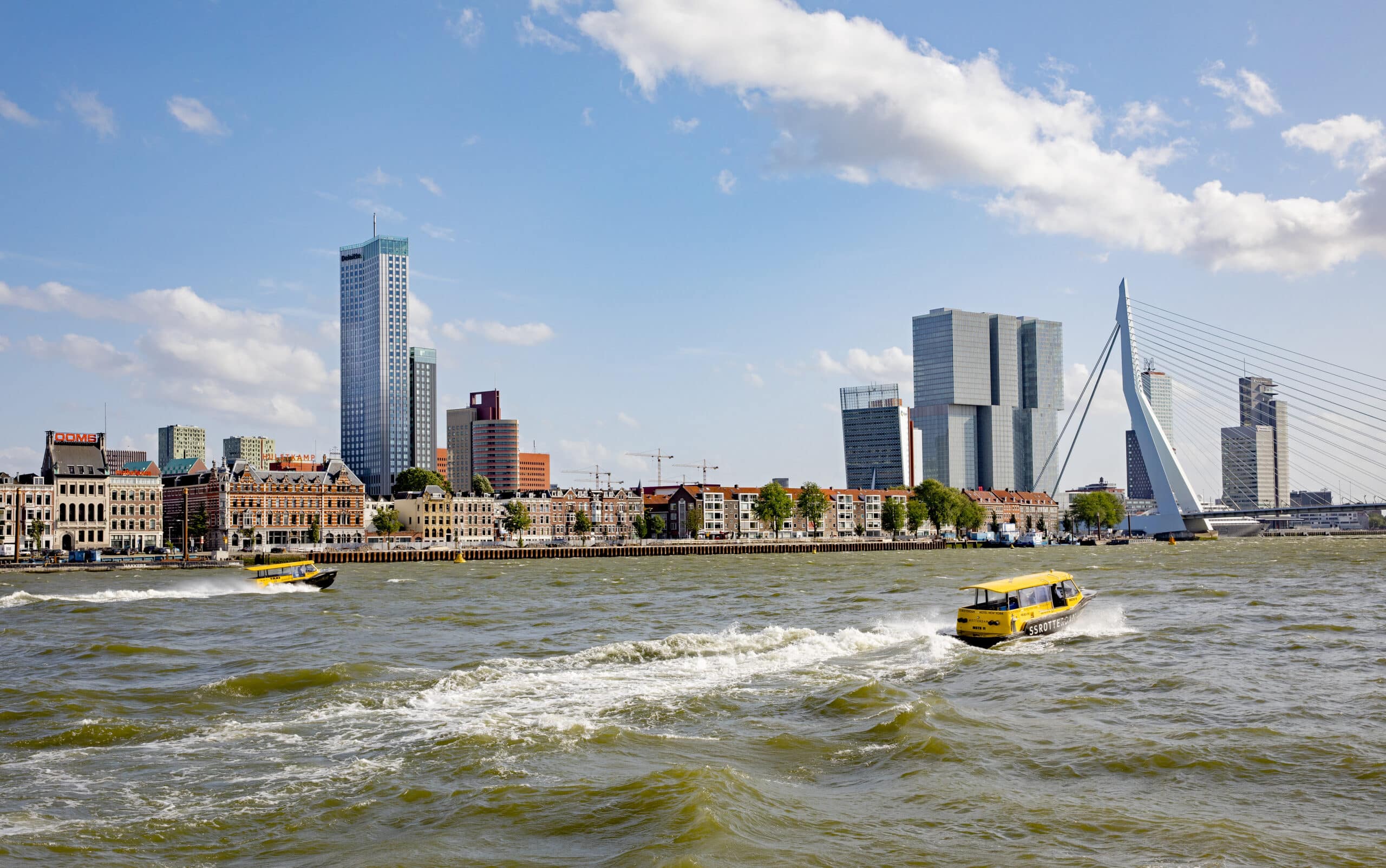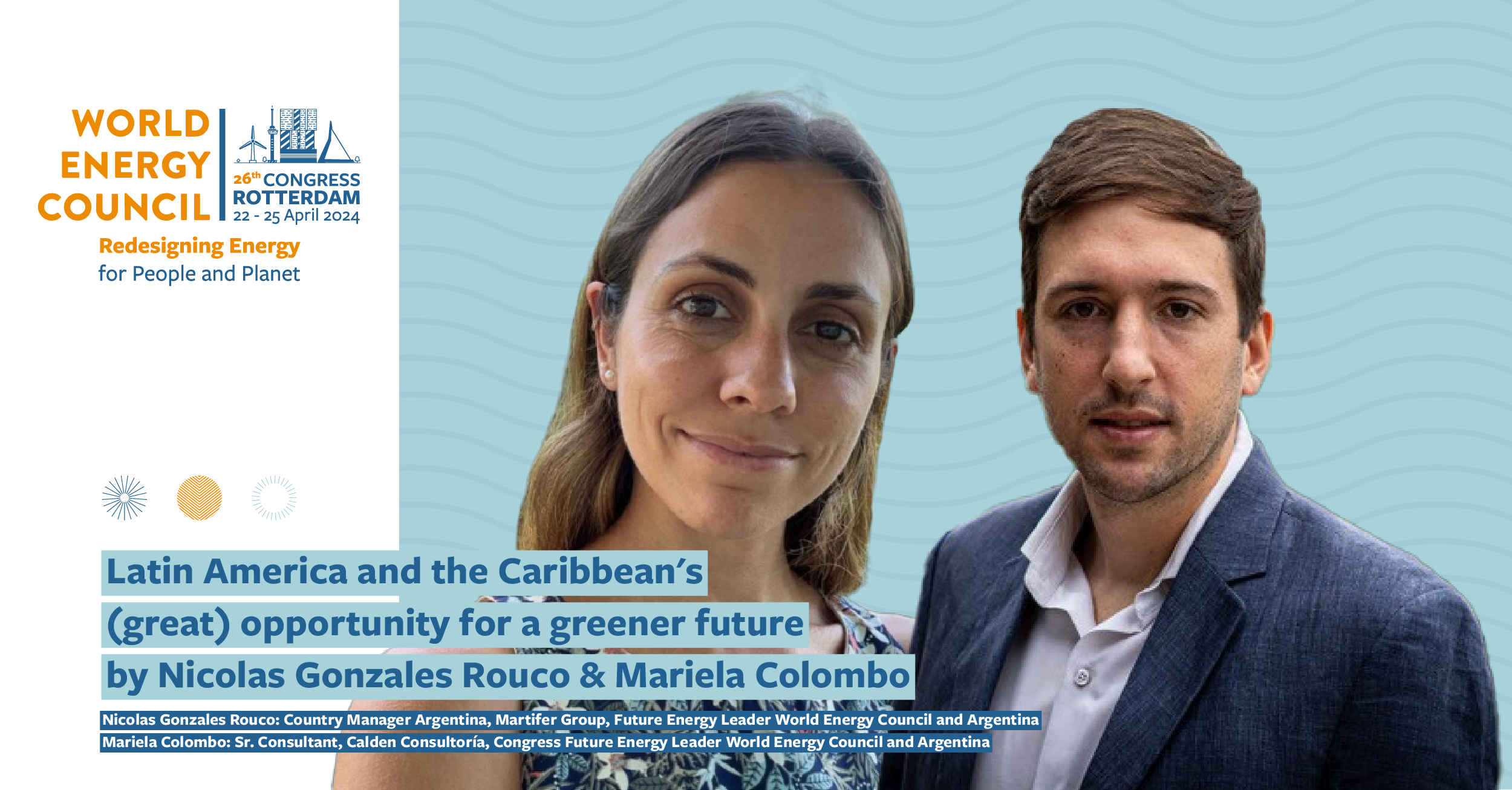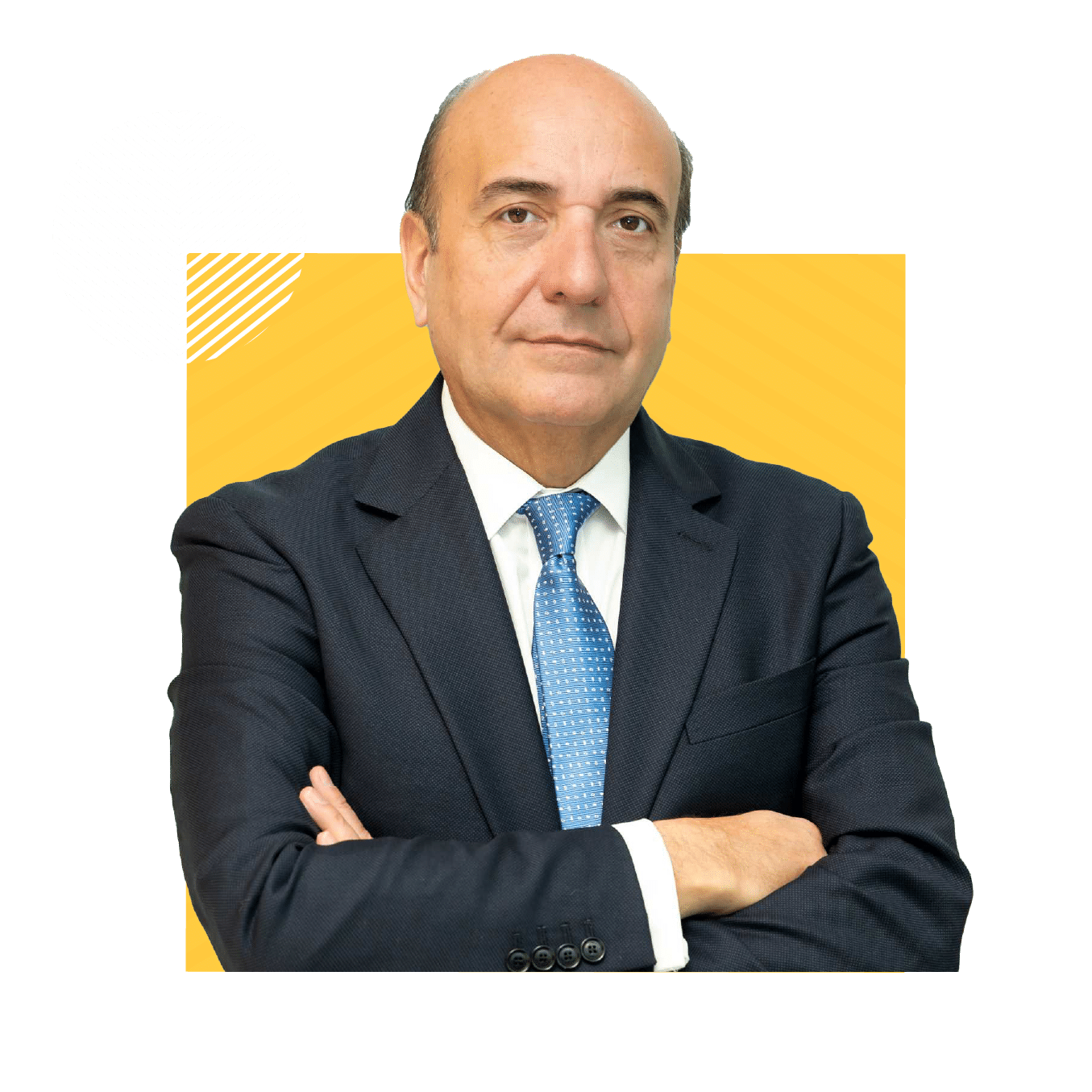Wind-powered electrons are in the money
27.07.2023
Wind will play a vital role in the energy transition as a standalone electricity source and an enabler of green fuel production. We caught up with Jeroen van Hoof, Vice Chair for the World Energy Congress in Rotterdam in April 2024, to discuss the big challenges for the energy transition.
Richard Heap | July 27, 2023
Read the original article here
- We interviewed Jeroen van Hoof from the World Energy Congress
- He said wind would be crucial in the emerging power-to-X sector
- However, he warned about inflation and supply chain instability
What are the biggest obstacles for the global energy transition?
JvH: First, it’s not one transition. The energy transition is different depending on where in the world you are; the natural resources a country has; the number of inhabitants; and how it has developed. It’s important that we understand this.
Second, there’s a challenge with energy literacy. Do the public, policymakers and others have a proper understanding of the size and complexity of what a transition entails? It’s easy to think that it’s done because we have onshore wind, offshore wind, and solar, but it isn’t as simple as that. At most, one third of the electricity system uses renewable power, which means two thirds doesn’t. We must decarbonise the energy used in chemical processes, mobility, steel manufacturing and fertiliser production too.
This means we need to electrify using green power, and also create a system where we can make green molecules. We need to work together to solve this problem. It will need huge investment in infrastructure, as well as financing and regulation, and it all needs to happen in sync.
How important will wind be in those hard-to-decarbonise sectors?
JvH: I think wind-powered green electrons are in the money as it’s a proven technology, and the green molecules we need – green hydrogen and ammonia – can create even more demand for wind onshore and offshore globally.
There will be challenges in terms of the available capacity and resources to keep them competitive, as they are today, which is not something that happens automatically. However, if you look at the end goal, there’s an important role for wind to play in the overall chart of energy consumption.
Also, as I said earlier, it depends on the geography you’re looking at. In Rotterdam, we have the largest harbour in Europe with an industrial cluster sitting on top of it. There’s good infrastructure and a smart city with a lot of people in an open society sitting on top of it. Those are excellent ingredients to start to experiment, and that’s exactly what’s happening with building a green hydrogen plant in the harbour in Rotterdam, to see how far we can use the hydrogen produced in the chemical cluster next to it.
It makes sense to start off by building on the assets you have around you, because you can bring forward existing technologies and create markets.
Is inflation making a global energy transition more difficult?
JvH: Yes, inflation is having an effect, and so are disturbed supply chains post-Covid.
We also need to understand the sheer amount of material this transition will need. For example, in Germany, there’s a programme to reinforce grids and connect the north of the country to the south. This will help wind farms, because it will transport renewable power from where it is generated to where it’ll be used. But that is using almost the full global capacity of cable manufacturing. It is just one example, but it illustrates that the availability of resources, materials and capacity is one of the challenges we face.
How can we respond to that instability?
JvH: Companies, policymakers and society need to work together to get this transformation addressed; and governments will need the input of companies to set the right policies.
Also, companies in all sectors will need to collaborate with other sectors. They need human capital and their resources to work with them to make it happen. Then, in the end, we consumers need to be conscious of the fact that our carbon footprint is quite dramatic in everything we do. If we are not willing to think about our own way of living then we cannot collectively solve the issue, and it won’t be easy.
If we had to stop today using coal and fossil fuels then, as you saw in Europe with what happened with the gas shortage last year, prices went ballistic and governments had to step in to support the public to keep energy available and affordable.
Is there enough momentum in society to make the changes we need?
JvH: There’s definitely a lot of understanding that we need to address this, especially in the younger generations, and that it will probably need to happen quicker not slower. That won’t be reversed. But perhaps the missing piece is a sense of realism about how complex it is, and that it will be really hard work to get it done.
Maybe we also need to be a little more realistic on the ambitions and targets. If you look at the lead time for infrastructure projects, 2030 is like tomorrow. We need to question how we can come up with realistic measures to get from A to B.







